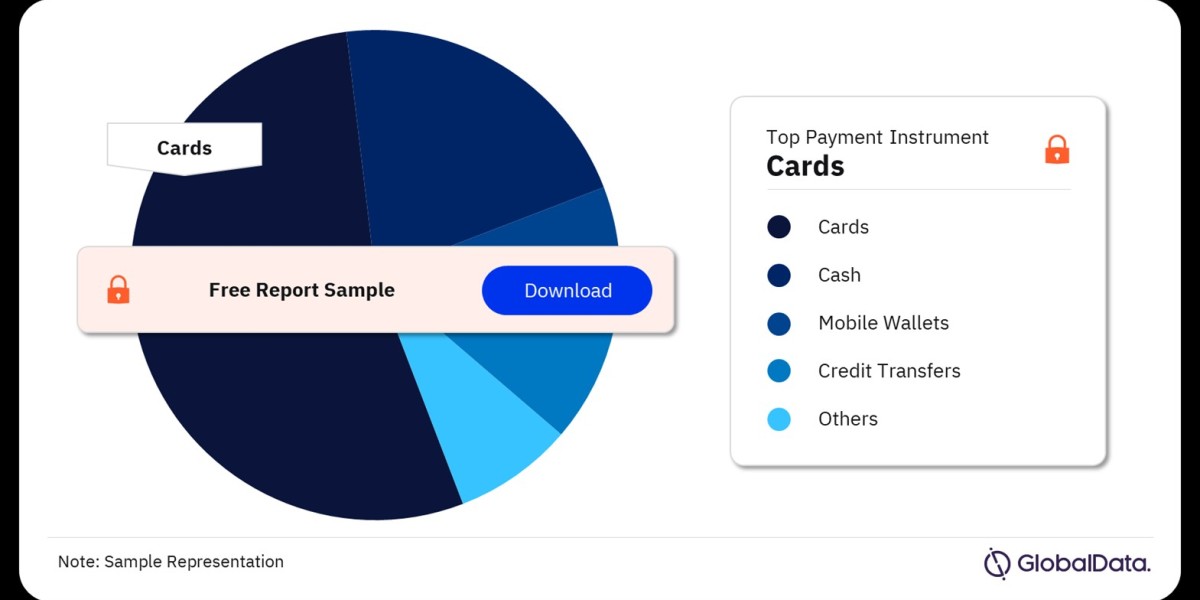Introduction
South Korea has emerged as a global leader in digital transformation, and its cards and payments industry is no exception. With a high penetration of smartphones and a tech-savvy population, the country has witnessed rapid adoption of cashless payment solutions. This article delves into the dynamics of South Korea's cards and payments market, exploring its key drivers, trends, challenges, and future prospects.
The Evolution of South Korea's Cards and Payments Market
South Korea's cards and payments landscape has undergone a remarkable transformation in recent years. Several factors have contributed to its growth:
- Early Adoption of Technology: The country's early embrace of technology, particularly in telecommunications and internet infrastructure, laid the foundation for a robust digital payments ecosystem.
- Government Support: The South Korean government has actively promoted cashless transactions through various initiatives and policies.
- Consumer Behavior: A young and tech-savvy population has readily adopted digital payment methods, driving demand for innovative solutions.
- Financial Inclusion: Efforts to expand financial inclusion have led to increased card penetration in rural areas.
Key Players and Market Structure
South Korea's cards and payments market is dominated by a few major players, including credit card companies, debit card issuers, and mobile payment providers. These companies have established a strong presence through extensive networks and a wide range of offerings.
- Credit Card Companies: Major credit card companies operate in South Korea, offering a variety of credit cards with different rewards and benefits.
- Debit Card Issuers: Banks and other financial institutions issue debit cards linked to customer bank accounts.
- Mobile Payment Providers: Companies like Samsung Pay, Kakao Pay, and Naver Pay have gained significant market share with their mobile payment solutions.
Mobile Payments: A Driving Force
Mobile payments have revolutionized the South Korean payments landscape. The widespread use of smartphones, coupled with robust mobile network infrastructure, has created a fertile ground for the growth of mobile payment services.
- Key Features:
- Contactless payments
- Peer-to-peer transfers
- In-app purchases
- QR code payments
- Biometric authentication
- Benefits:
- Convenience and speed
- Security
- Rewards and loyalty programs
Challenges and Opportunities
Despite its impressive growth, the South Korean cards and payments market faces certain challenges:
- Data Security: Protecting sensitive customer data from cyber threats is a top priority for industry players.
- Competition: Intense competition among payment providers can lead to price wars and margin erosion.
- Regulatory Environment: Keeping pace with evolving regulations can be complex and time-consuming.
However, the market also presents significant opportunities:
- Expanding Payment Channels: There is potential for growth in emerging payment channels like wearable devices and biometrics.
- Cross-Border Payments: Increasing international trade and tourism can drive demand for cross-border payment solutions.
- Financial Inclusion: Expanding payment services to underserved populations can create new market segments.
Future Trends and Outlook
The South Korean cards and payments market is expected to continue its growth trajectory, driven by technological advancements and changing consumer behavior.
- Increased Use of Biometrics: Biometric authentication will become more prevalent, enhancing security and convenience.
- Blockchain Technology: Blockchain has the potential to revolutionize payment processing, offering transparency and security.
- Open Banking: The adoption of open banking will create new opportunities for innovation and competition.
Conclusion
South Korea's cards and payments market stands as a testament to the country's digital prowess. With its early adoption of technology, strong government support, and tech-savvy population, the market has flourished. As the industry continues to evolve, it is poised to become a global benchmark for cashless societies.
Buy the Full Report for More Information on the South Korea Cards and Payments Market Forecast Download a Free Sample Report








